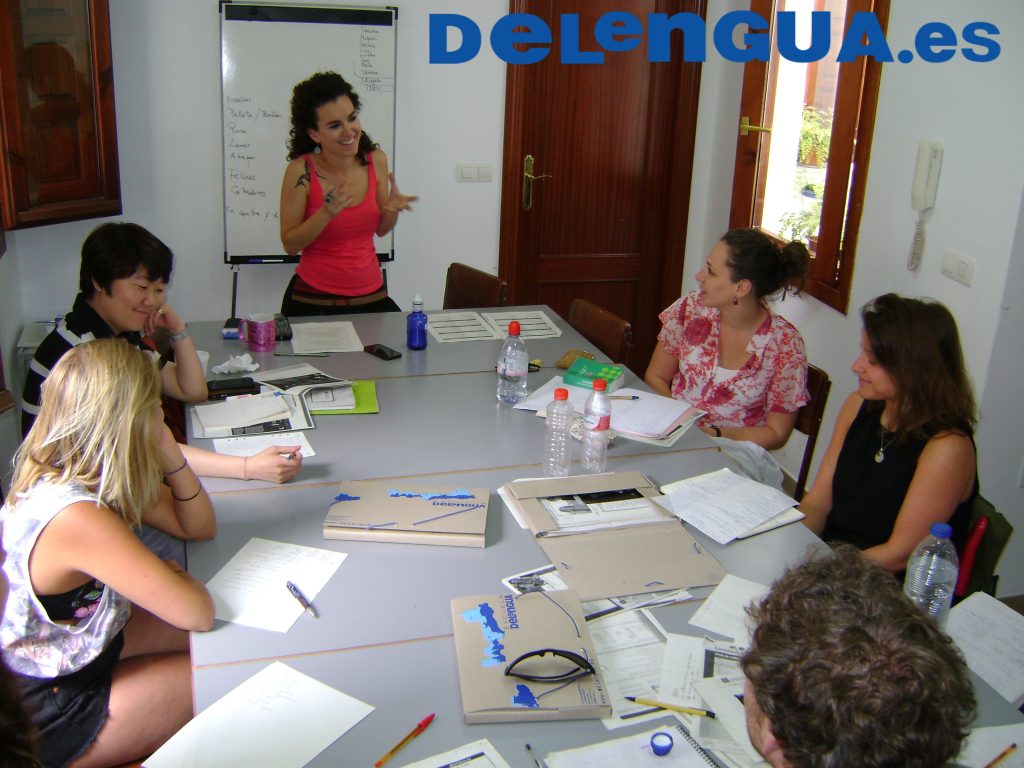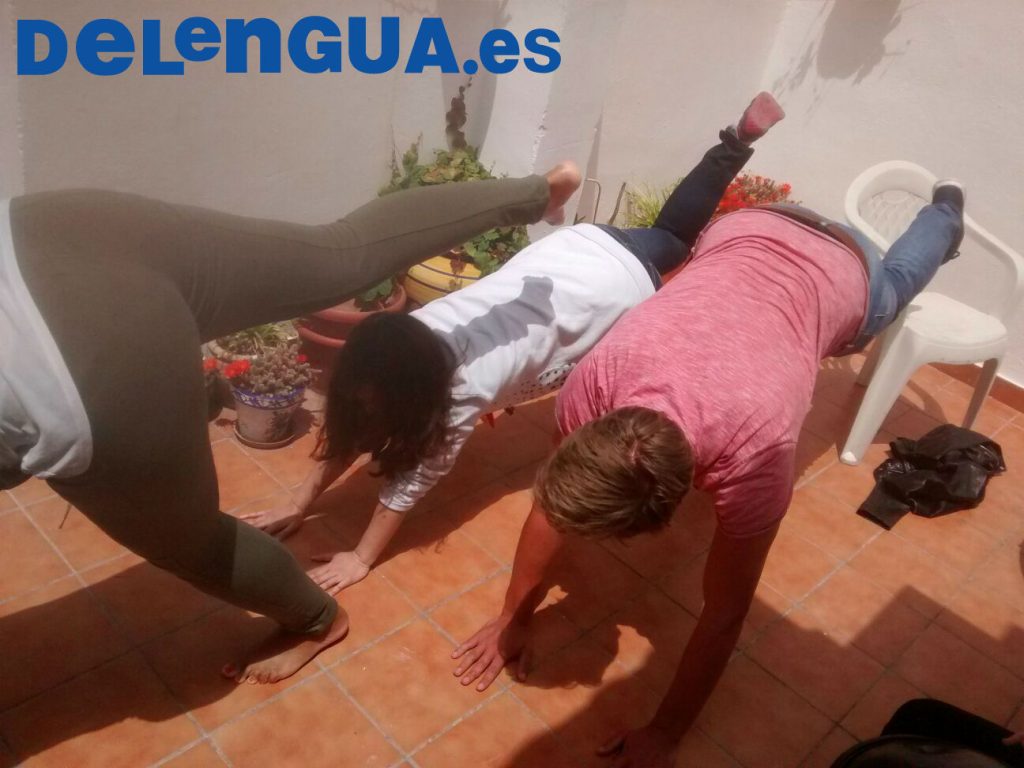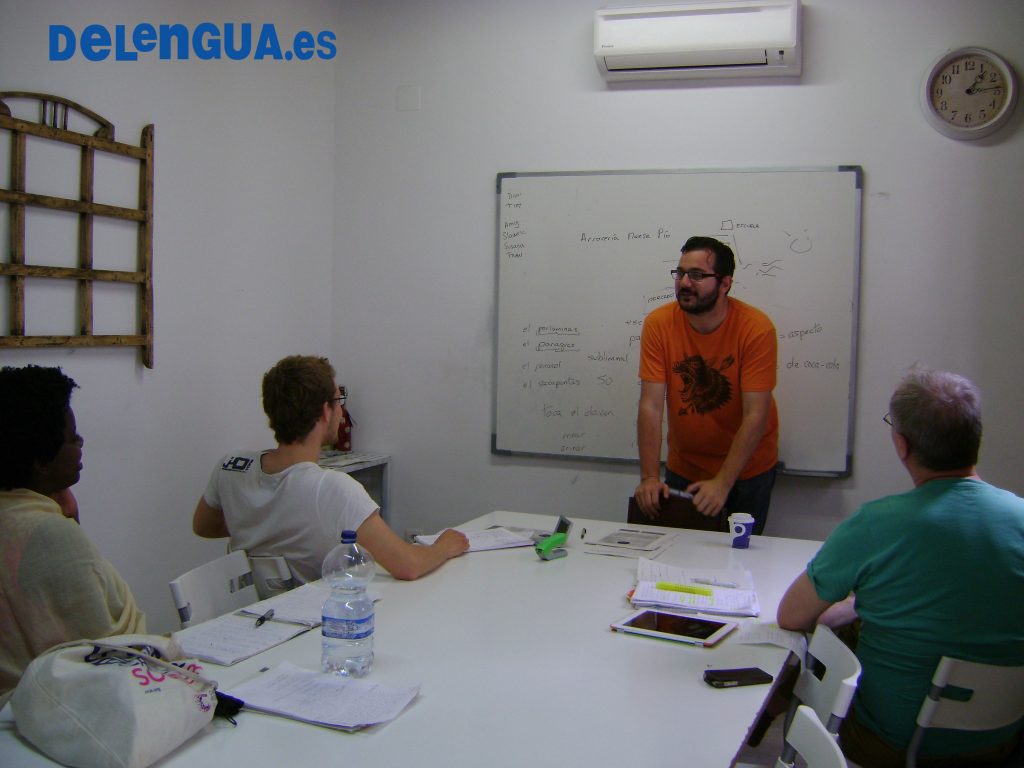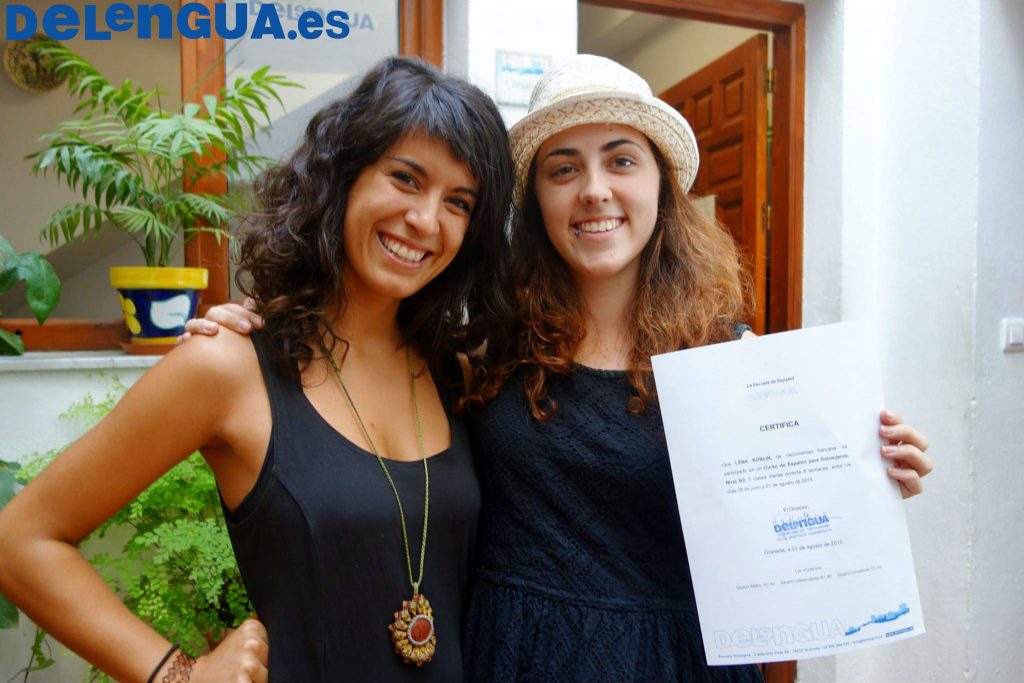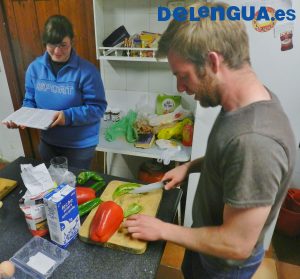
| Español | English | |
|---|---|---|
| Las oraciones condicionales se utilizan para expresar posibilidades o condiciones. Hay tres tipos de estas oraciones. Las que expresan acontecimientos posibles que son muy probables, las que expresan sucesos que son posibles pero no probables y la última categoría que refiere al pasado y a sucesos imposibles. Todos estas frases comienza con la conjunción “si”, para indicar la condición. La categoría de las oraciones condicionales causa también el tiempo y el modo que se utiliza. En la primera, posible y probable por ejemplo, aparece en la oración que explica la condición, el presente del indicativo y en parte siguiente el presente del indicativo también o el futuro. Eso depende del contenido. Por ejemplo: Si no llueve en primavera, la cosecha es mala. Si no encuentro trabajo, voy a tener muchos problemas con mi dinero. Si no dejas fumar, tendrás problemas con tu salud. El segundo grupo, que refiere a acontecimientos improbables, se utiliza en la primera parte el imperfecto del subjuntivo y en la segunda el condicional. Por ejemplo, como en las frases siguientes: Si ganara más dinero, viajaría a Latinoamérica. Si comiera más verduras, tendría menos problemas con mi salud. El último grupo, que se utiliza para acontecimientos ya pasados, expresa la condición en el pluscuamperfecto de subjuntivo y la parte de la explicación también en el pluscuamperfecto de subjuntivo o en el condicional compuesto. Unos ejemplos serían: Si hubiera tenido tiempo, te habría ayudado. Si hubiera llovido en primavera, la cosecha hubiera sido mejor. Si hubiera encontrado trabajo, habría viajado a España. Para consolidar lo que has aprendido en esta clase de español te recomendamos el material de aprendizaje gratuito de la Escuela Delengua. Bajo http://www.delengua.es/spanish-courses-spain/free-spanish-resources.html encuentras juegos y tareas que te ayudan aprender español. También puedes hacer un curso de español en la Escuela Delengua en Granada. Allí hay cursos para todos los niveles y para cada interés. Infórmate bajo http://www.delengua.es/. |
|
You need the conditional sentences to express possibilities or conditions. There are three types of these sentences. These which express possible occurences which are very probable, these ones with which you can explain ocurrences which are possibles but not very probable and the last category which refers to the past and impossible events. Every of this sentences starts with the conjunction “si”/ “if”, to indicate the condition. The category of the conditional sentences demand also the tense ore mode which has to be used. In the first, possible and probable for example, appears in the conditional sentence the present tense of the indicative and in the second part also the present tense of the indicative or the future tense. This depends on the content. For example: Si no llueve en primavera, la cosecha es mala/ If it doesn’t rain in spring, the harvest will be bad. Si no encuentro trabajo, voy a tener muchos problemas con mi dinero/ If I don’t find work, I’m going to have lots of trouble with my money. Si no dejas fumar, tendrás problemas con tu salud/ If you don’t stop smoking, you are going to have problems with your health. The second group, which refers to improbable occurences, has in the first part the imperfect of subjunctive and in the second the conditional. For example like in the following sentences: Si ganara más dinero, viajaría a Latinoamérica/ If I earned more money, I would travel to Latinamerica. Si comiera más verduras, tendría menos problemas con mi salud/ If I ate more vegetables, I would have less healthy troubles. The last group, which is used to express occurences in the past, expresses the condition in the pluperfect of subjunctive and the the part of the explanation also in the pluperfect of the subjunctive or in the composed conditional. Some examples would be: Si hubiera podio el tiempo, te habría ayudado/ If I had had the time I would have helped you. Si hubiera llovido en primavera, la cosecha hubiera sido mejor/ If it had rained, the harvest would have been better. Si hubiera encontrado trabajo, habría viajado a España/ If I had found work, I would have traveled to Spain . To establish what you learned in this Spanish lesson we recomend you the free-learning-material of the Spanish language school Escuela Delengua. At http://www.delengua.es/spanish-courses-spain/free-spanish-resources.html you will find games and tasks which help you to learn Spanish. You also can take a Spanish course in Spain in the language school Escuela Delengua in Granada. There are programmes for every level and for every interest. Inform your-self at http://www.delengua.es/. |






